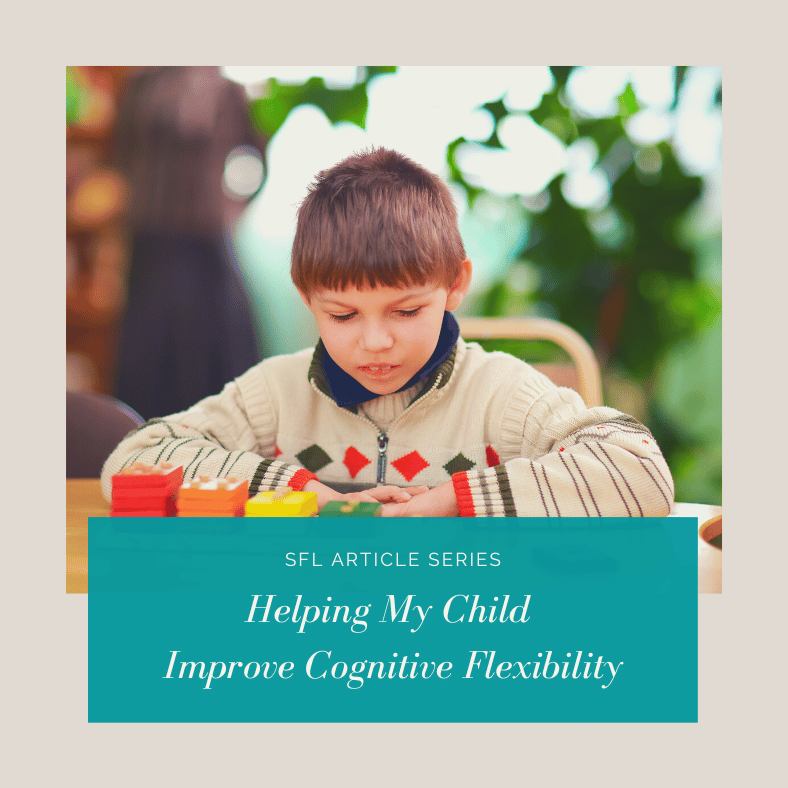No products in the cart.

Cognitive flexibility is the ability to adapt, shift thinking, and adjust strategies in response to changing demands. Routines are a critical component of ensuring that the world keeps spinning on its axis. Everything from traffic patterns and bus routes to homework instructions and daily schedules speaks to the importance of having practices that we can rely on. Taken to an extreme, however, overreliance on routines can prove to be problematic when our plans inevitably shift. This inflexibility with change may be seen in our neurodiverse students, especially those on the autism spectrum.
It is not uncommon for those on the Autism Spectrum to struggle when changes interrupt routine. The difficulty lies in depending on the predictability of how events have transpired in the past or the expectation of how events will unfold in the near future. This perspective can cause sometimes explosive eruptions in the ASD individual when plans get switched. Nevertheless, there are some strategies to help you help your ASD child improve their cognitive flexibility.
Anticipate changes ahead of time.
If you know a change in routine is about to occur, alert your child to provide ample time for them to internalize and accept the shifts that are about to occur. Give a ten-minute warning before playtime is over or remind your teen about the upcoming visit from relatives. An individual with autism thrives on the consistency of routines – satisfy that need by sharing upcoming changes whenever possible.
Plan minor changes to routine activities.
While routines may be important for individuals on the spectrum, try switching things up, a little at a time, to help them learn how to deal with the frustration of a change in schedule. As they get more comfortable with small changes over time, incrementally increase variations to schedules to see how well the student adjusts.
Explicitly practice appropriate responses to possible scenarios.
Don’t just assume that your 8-year-old will intuitively know what constitutes an acceptable reaction to a canceled recess looks like. Discuss possible scenarios with your child and provide specific examples of ways they can handle the disappointments that result from unmet expectations (e.g. counting to ten, having a person they can speak with, or practicing the language to express their frustration). Role-play with your child so they can see the outcomes of both appropriate and inappropriate reactions.
Provide choices when possible.
When your autistic teen is challenged with completing assigned work or tasks they don’t want to engage in, give them a series of acceptable options from which to choose. Be sure that you are OK with all of the options presented. This carefully crafted autonomy can do wonders for increasing the student’s buy-in and understanding that things can be accomplished in various ways.
We can all agree that routines themselves are a beneficial and necessary part of our daily lives. But so are interruptions to those routines. We can manage the anxiety-inducing moments when plans get shifted by patiently supplying them with the right tools to improve their cognitive flexibility.
Written by Maleek Mitchell, M.A., M.S. Education
Related Articles
Looking for Academic Support and other Educational Services?
You can schedule a free initial consultation to learn more about our services. We will listen to your concerns, answer any questions, learn about the student’s needs, and help guide you through our new student intake process.






